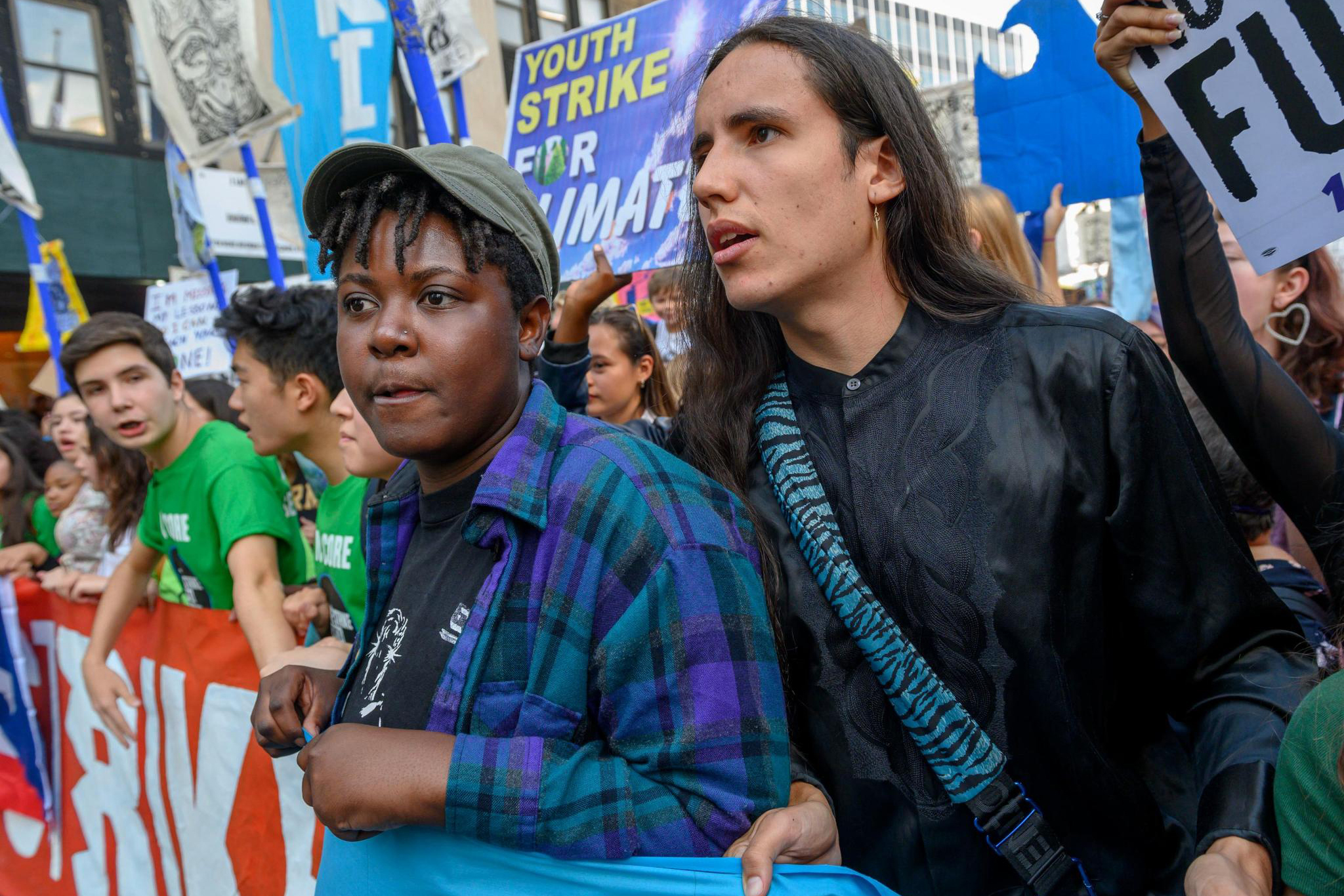By: Mya DeJoseph
Journal of Global Rights and Organizations, Associate Articles Editor
THE HAGUE, Netherlands – Ali Muhammad Ali Abd-Al-Rhaman, also known as “Ali Kushayb,” was sentenced by the International Criminal Court (ICC) on December 9, 2025, to 20 years imprisonment. Back in October 2025, Abd-Al-Rahman was convicted of 27 counts of war crimes and crimes against humanity in connection to his involvement in events taking place in Darfur, Sudan between August 2003 and March 2004.

Background
In the early 2000s, conflict began between the Government of Sudan, backed by the Janjaweed militia, and Darfur rebel groups. During this time, Abd-Al-Rahman was a senior leader of the Janjaweed who conducted coordinated attacks in villages of Darfur whom the Janjaweed believed to be in support of the rebellion against the Government of Sudan.
After being charged with 31 counts in connection to war crimes and crimes against humanity between 2003 and 2004, Abd-Al-Rahman surrendered himself to the International Criminal Court in 2020. Following a trial taking place over a period of 2.5 years, Abd-Al-Rahman was found guilty of 27 charges relating to murder, sexually violent crimes, forcible transfer, pillaging, torture, and outrages upon personal dignity. He was found to have both given orders to the Janjaweed which led to these crimes, as well as being a direct perpetrator himself.
Sentencing
In its sentencing procedures, the ICC has broad discretion and seeks to achieve aims of retribution and deterrence through its punishments. The sentence given must be proportional to the crime committed, appropriately reflect culpability of the defendant, and take into consideration all relevant circumstances, including the gravity of the crimes, aggravating factors, and mitigating factors.
The Prosecution sought a joint sentence of life imprisonment, highlighting Abd-Al-Rahman’s deep involvement in the crimes, the profound impact of his crimes on the community, the cruelty of these crimes, and the defenseless victims. The Defense argued a life sentence to be inappropriate, urging Abd-Al-Rahman’s immediate release, or in the alternative a seven-year imprisonment sentence. In offering mitigation, the Defense submitted to the court that a life sentence for Abd-Al-Rahman would not be appropriate considering his age, personal circumstances, his degree of culpability, his lack of prior criminal history, and the fact that he voluntarily surrendered himself to the ICC.
In sentencing Abd-Al-Rahman to 20 years imprisonment, the Chamber noted that the sentence would have been longer had the mitigation offered by the Defense not been accepted. The Chamber found this sentence to be appropriate considering the purposes of punishment, the victims’ harm and suffering, Abd-Al-Rahman’s good behavior while in detention, and his voluntary surrender. The Chamber also noted factual overlap between some of the crimes, which played a role in the sentencing determination.
The time that Abd-Al-Rahman has already spent in detention, which began after his voluntary surrender and subsequent custody on June 9, 2020, will be accounted for as “time served” and will be deducted from his sentence.
Significance
This is the only trial that has taken place after the United Nations Security Council referred the Darfur situation in 2005 to the ICC, and conflict in the region is ongoing. Other individuals in Sudan are wanted by the ICC for their roles in genocide, war crimes, and crimes against humanity, including former President of Sudan Omar Al Bashir. However, Abd-Al-Rahman’s conviction is regarded as a step forward and a sense of justice for those victimized by the Janjaweed.
For further information, please see:
Human Rights Watch – ICC Sentences Former Sudanese Militia Leader to 20 Years – Dec. 15, 2025
The International Criminal Court – Abd-Al-Rahman Case
The International Criminal Court – Situation in Darfur, Sudan



